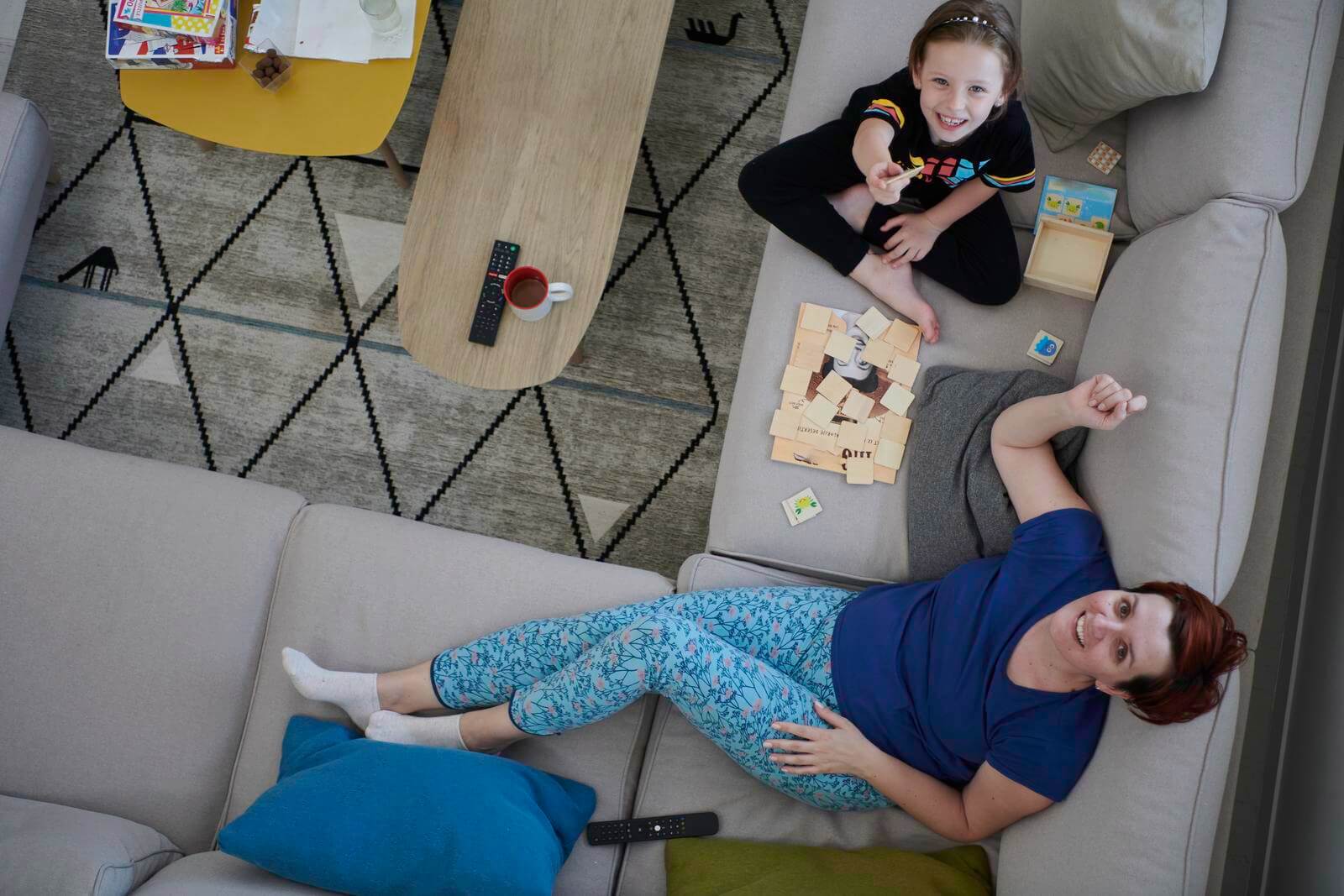“I Understand” – Most Impactful Phrase You Can Say
Children are often complaining, be it about school, food, bed time, temple, etc. Most parent resort to comforting them in upbeat tones. Telling them fun thing to look forward to during the day.
This can be exhausting for parents. It is also difficult to come up with good and different answer when you have been doing the same thing over and over. Eventually your response becomes insincere. They can sense your insincerity and are often not convinced.
Show Empathy
Instead of attempting to stop their complaining with vain comments, try putting yourself in their shoes. Tell them you understand. That it is difficult for them to do what they don’t want to do. But explain to them that it is necessary.
Your child has emotions that might not be logical for you to understand. But, by validating those emotions and letting your child know that you understand and empathize with them, it can go a long way for building a great relationship based on empathy, understanding, and trust.
So next time try saying to your child “I understand” and watch their response.


















